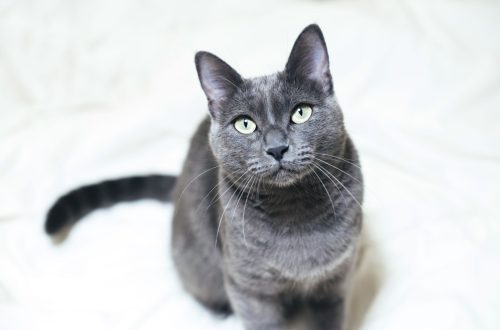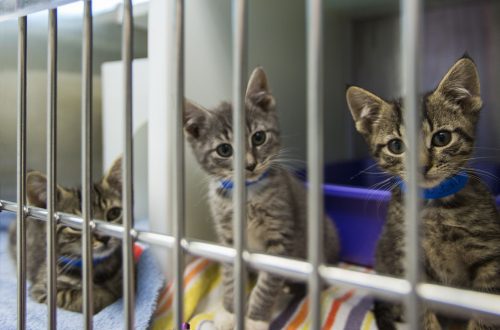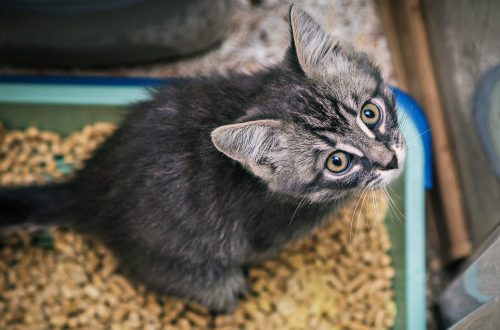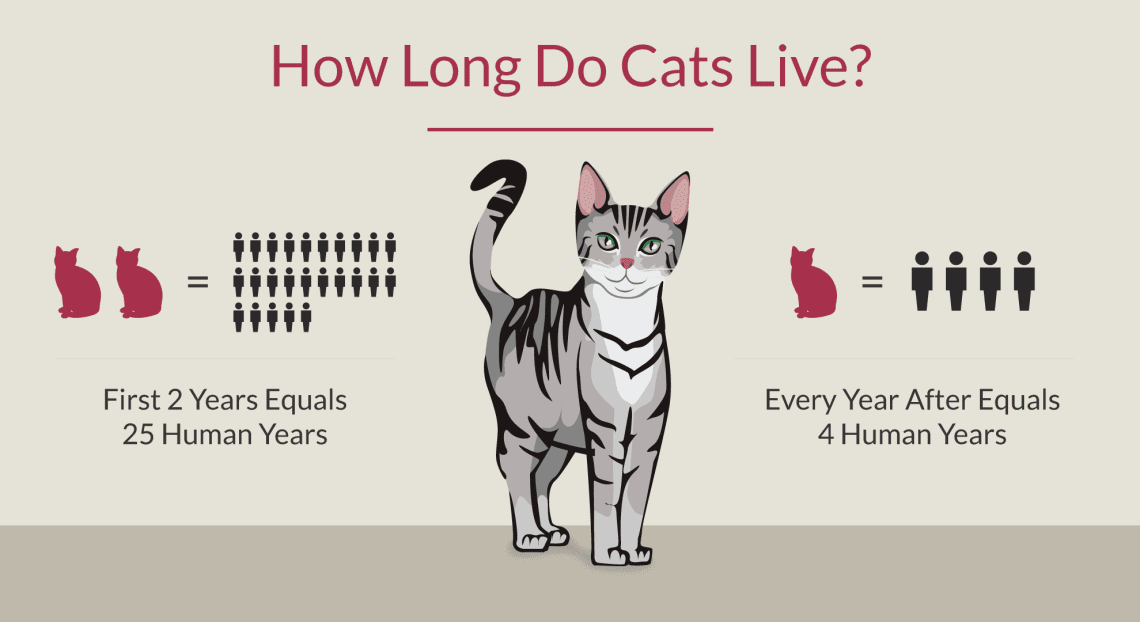
How long do cats live?
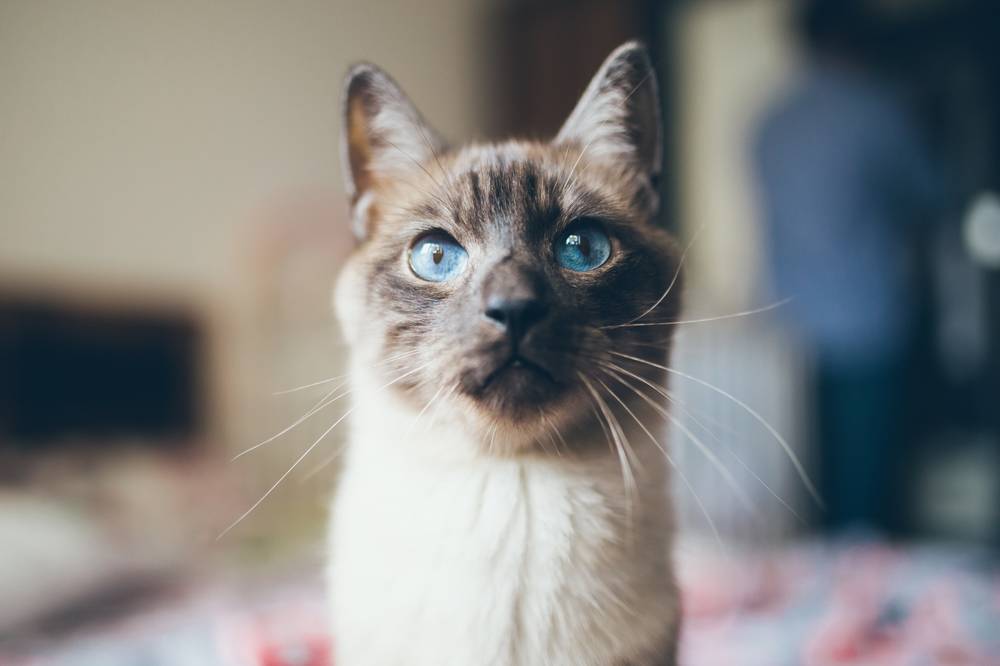
And if nothing can be done with genetics and heredity, then it is quite possible to surround the cat with care, provide good nutrition and quality medical care to prolong her life. The main thing is to figure out what factors the life expectancy of an animal depends on in order to understand which of them can be influenced.
Genetics
Some hereditary diseases can be passed on to cats. Thoroughbreds tend to have more of them, since matings often occur between close relatives to highlight the best features of the breed. Therefore, outbred cats and half-breeds are considered the most healthy. But even among the purebred there are those who can boast of good health – this is a Bengal cat, Maine Coon, Russian Blue, Siamese and others. The average life expectancy of these breeds is 13–20 years. And some of them live more than two decades.
Chronic diseases
Unfortunately, if a cat suffers from some kind of chronic disease, it is unlikely that it will be able to set a record for longevity, even if it lives with loving owners who care for and cherish it. Diabetes mellitus, urolithiasis, diseases of the upper respiratory tract – these and other ailments reduce the life span of the animal.
Habitat
Street cats face dangers every day: incurable diseases and infections, poisoned or spoiled food, dog attacks, the likelihood of being hit by a car or becoming a victim of flayers. But if a domestic cat goes out for a walk, which does not have to survive every day, she is at even greater risk than her homeless relatives, because she does not realize what is waiting for her on the street. It is obvious that pets, protected from the dangerous ups and downs of street life, live longer.
Food
A complete and balanced diet will certainly prolong the life of a cat. But do not forget that she should not only eat right, but also receive vitamins and minerals. Therefore, veterinarians recommend feeding your pet ready-made food, which contains all the necessary nutrients. But the food must be of high quality: cheap versions of dubious brands, as a rule, contain no more than 10% of meat, but in excess – vegetable protein and chemical components that negatively affect the animal’s body and can contribute to the development of various diseases.
Sterilization
Sterilized cats and neutered cats live longer, because they do not have a risk of contracting dangerous diseases of the genital area, the risk of developing oncology is significantly reduced, and hormonal disruptions do not occur, which are a great stress for the body. Of course, sterilization has its drawbacks: in particular, it can lead to weight gain and diabetes. But, if you follow the diet of your pet and do not overfeed it, these problems can be avoided.
Stress
The cat is like a child.
It is not enough just to live in a warm house and get a full balanced diet. For a pet to live a long and happy life, it must be in an atmosphere of love and care.
If the owners constantly swear and shout at each other, physically punish the animal, it is unlikely that it, being in constant stress, will become a long-liver.
15 2017 June
Updated: 19 May 2022
Thanks, let’s be friends!
Subscribe to our Instagram
Thanks for the feedback!
Let’s be friends – download the Petstory app



